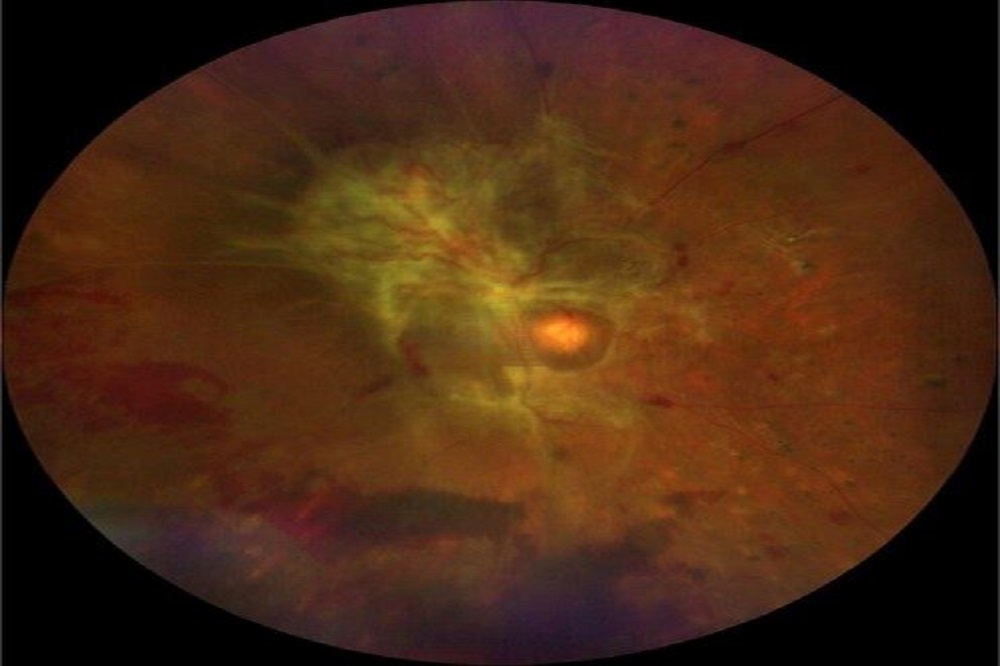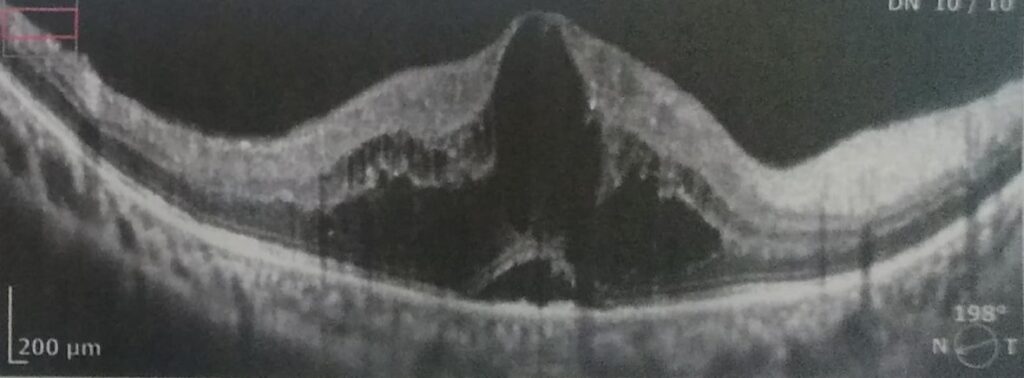
Did you know diabetes can affect your eyes? Diabetes is a common condition that affects millions of people worldwide. While most people are aware of the impact diabetes can have on overall health, not everyone knows how it can specifically affect eye health. One serious eye condition caused by diabetes is diabetic retinopathy. Diabetic retinopathy is a serious eye condition that can lead to vision loss, but with proper care, you can protect your sight. This blog explores how diabetes affects your eyes, explains diabetic retinopathy, and highlights the treatments available.
Read more: See Clearly, Live Brightly: The Importance of Regular Eye Check-Ups for Optimal Eye Health
Understanding Diabetes and Its Impact on Your Eyes
- What is Diabetes? Explained in simple terms, diabetes is a condition where your body struggles to use sugar (glucose) for energy. This leads to high blood sugar levels, which can damage various organs, including your eyes.
- How Diabetes Affects Your Eyes: High blood sugar can harm the tiny blood vessels in your retina (light-sensitive part of your eye). This damage can lead to diabetic retinopathy.
Diabetic Retinopathy: Know the Stages
Diabetic retinopathy progresses through stages. Here’s a simplified breakdown:
- Mild Nonproliferative Retinopathy: This is the earliest stage where small areas of balloon-like swelling in the retina’s tiny blood vessels occur.
- Moderate Nonproliferative Retinopathy: At this stage, some blood vessels that nourish the retina are blocked.
- Severe Nonproliferative Retinopathy: Many more blood vessels are blocked, depriving several areas of the retina of their blood supply. These areas send signals to the body to grow new blood vessels.
- Proliferative Diabetic Retinopathy (PDR): This is the most advanced stage. The signals sent by the retina for nourishment trigger the growth of new blood vessels. These new blood vessels are abnormal and fragile, and they can leak blood, causing severe vision loss and even retinal detachment.
Diabetic Macular Edema (DME): A Complication of Diabetic Retinopathy
DME happens when fluid leaks from damaged blood vessels and accumulates in the macula, the part of your retina responsible for sharp central vision. This fluid buildup causes the macula to swell and thicken, leading to vision loss. DME can occur at any stage of diabetic retinopathy but is more likely to occur as the disease progresses.
Read more: Eye See Clearly: A Delicious Guide to Eye Health Through Food
Warning Signs: When to See an Eye Doctor
If you have diabetes and experience
- Blurry vision
- Distorted vision
- Difficulty seeing colors
Early Detection is Key: Protecting Your Vision

Comprehensive Eye Exams
Regular comprehensive eye exams are crucial for detecting diabetic retinopathy and DME early. During an eye exam, your eye doctor will:
- Dilate your pupils with special eye drops to get a better view of the back of your eye
- Perform an Optical Coherence Tomography (OCT) scan to get detailed images of the retina and detect any swelling or fluid buildup.
Importance of Early Detection
Early detection and treatment of diabetic retinopathy and DME can prevent vision loss and reduce the risk of complications. If you have diabetes, it’s essential to get regular eye exams, even if you don’t have any vision problems.
Read more: Smoking: A Threat to Your Precious Eyesight
Treatment Options
Our team of experienced ophthalmologists offers advanced treatments for diabetic retinopathy, including:
- Anti-VEGF Injections: These injections target a protein that promotes abnormal blood vessel growth and decrease fluid leakage in the retina. Anti-VEGF injections can improve vision and prevent further vision loss.
- Laser Therapy: Laser beams seal leaking blood vessels and shrink abnormal ones, preventing further damage. Laser therapy can help prevent vision loss but is less likely to improve vision already lost.
- Retina Surgery (Vitrectomy): In severe cases, vitreous gel and blood are removed from the eye to improve vision.
Living Well with Diabetes for Healthy Eyes
Managing your diabetes is vital for eye health. Here are some tips:
- Maintain Healthy Blood Sugar Levels: Work with your doctor (endocrinologist) to control your blood sugar.
- Prioritize a Healthy Diet: Eat nutritious foods like fruits, vegetables, and whole grains.
- Exercise Regularly: Physical activity helps manage blood sugar levels.
- Don’t Smoke: Smoking significantly increases the risk of diabetic eye complications.
- Get Regular Eye Exams: Schedule regular eye exams with an eye specialist to catch any problems early.
Staying Positive
Managing a chronic condition like diabetes can be stressful, but staying positive and proactive about your health can make a big difference. Focus on the things you can control, like monitoring your blood sugar levels and attending regular eye exams. Remember, early detection and treatment of diabetic retinopathy can prevent vision loss and improve your quality of life.
Read more: Presbyopia Explained: Seeing Clearly at Any Age
Conclusion
Diabetic retinopathy is a serious eye condition that can lead to vision loss and blindness if left untreated. By understanding how diabetes affects your eyes and taking steps to manage your diabetes, you can protect your vision and maintain your eye health. Regular eye exams, early detection, and appropriate treatment are key to preventing complications and preserving your eyesight. If you have diabetes, make eye health a priority and talk to your doctor about the best ways to protect your vision.
Schedule an Appointment Today at VIEW CARE
We understand the importance of eye care for people with diabetes. Our friendly and approachable ophthalmologists are here to answer your questions and provide the best possible care for your eyes. Call us today to schedule a comprehensive diabetic eye exam and protect your vision!
References
- American Diabetes Association. (2023). Eye Complications. Retrieved from Diabetes.org
- National Eye Institute. (2023). Diabetic Retinopathy. Retrieved from NEI.nih.gov
- Mayo Clinic. (2023). Diabetic Retinopathy. Retrieved from MayoClinic.org
- American Academy of Ophthalmology. (2023). Diabetic Macular Edema. Retrieved from AAO.org
- Centers for Disease Control and Prevention. (2023). Diabetes and Your Eyes. Retrieved from CDC.gov
By staying informed and proactive, you can manage your diabetes and protect your vision. Remember, your eye health is an essential part of your overall well-being.


